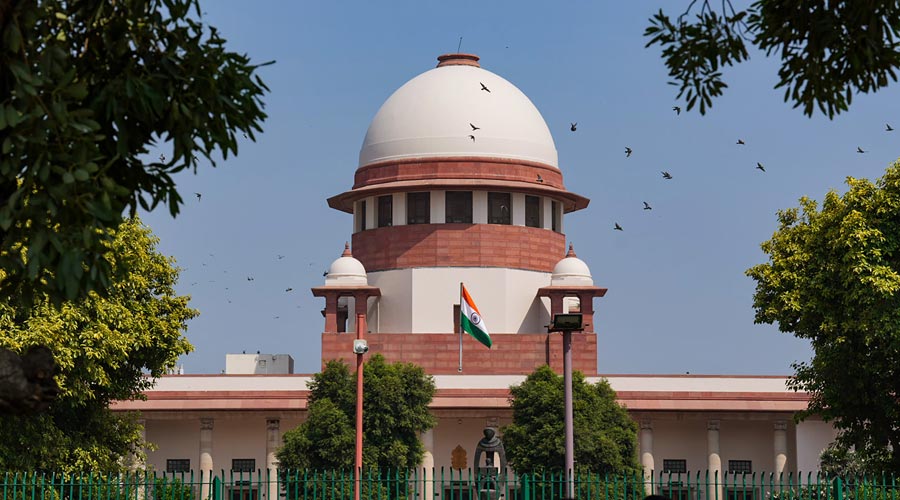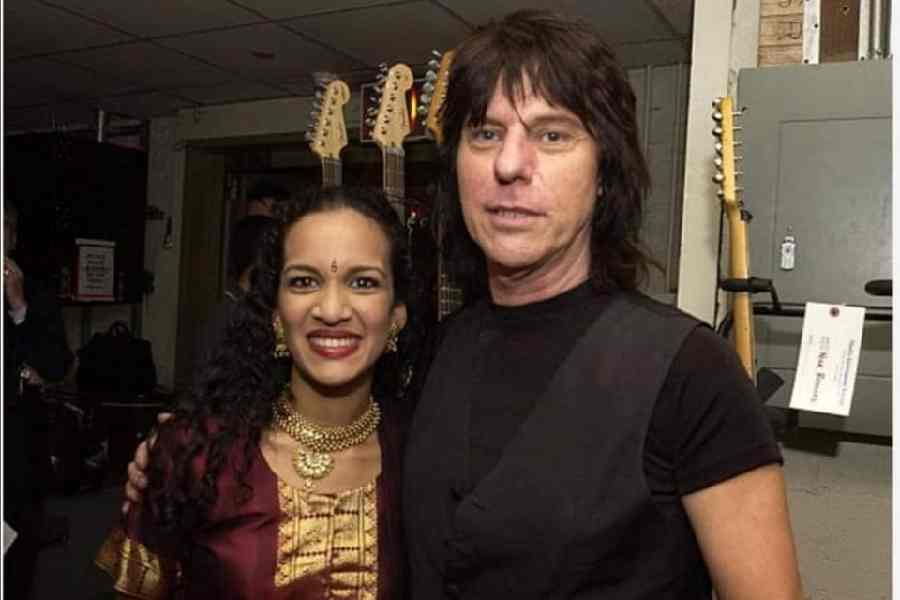Two names reiterated by the Supreme Court collegium for appointment is a strong statement by itself. The Centre had sent back the names with its objections, and is now bound, according to the rule of the collegium system, to clear the way to place the candidates as judges in the Delhi and Madras High Courts respectively. But the rule is being ignored repeatedly in recent times with the Centre sitting on appointments in spite of more than one reiteration by the collegium. With that background, the reiteration of the names may be a strong statement but it is not exceptional. What is notable, however, is the collegium’s enunciation of the principles on the basis of which it remains unmoved in its selection. The Centre objected that Saurabh Kirpal, the appointee to the Delhi High Court, had as his homosexual partner a foreign national. Homing in on the Centre’s discomfort with the candidate’s sexual orientation as was fairly obvious from sections of its letter, the Supreme Court’s resolution reportedly stated that everyone was entitled to maintain his dignity and individuality based on his sexual orientation. And the court’s reiteration of the name of R.J. Sathyan, the candidate for the Madras High Court, reportedly dismissed the Intelligence Bureau’s qualms regarding his posting of two articles on social media, one critical of the prime minister and the other about a student who had committed suicide blaming political betrayal. In both cases, the court referred to the candidates’ integrity and suitability, mentioning that the IB had found no sign of political leanings in Mr Sathyan. That is, criticism of the prime minister was no reason to refuse him his due place, just as sexual orientation was not in Mr Kirpal’s case either.
The principles articulated by the court are constitutional ones and are fundamental to a diverse and inclusive democracy. While the importance of the Supreme Court’s position cannot be overstated, the Centre’s problem with an openly gay judge brought out the need to clarify understandings not just between the executive and the judiciary but also between the government and the people — should the people lead the government with their biases? — as between the people and the courts. Trust born of a shared vision and perception of rights would be ideal in the last situation.











